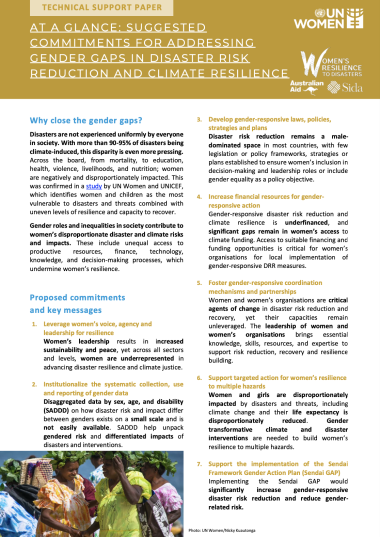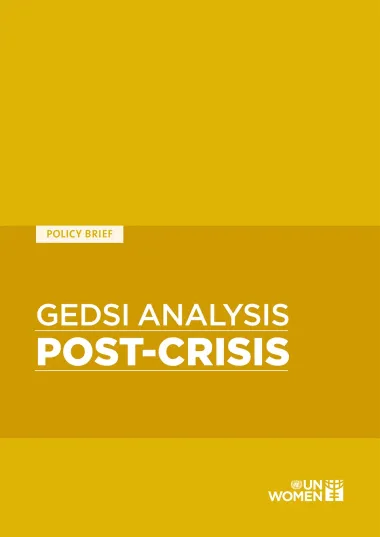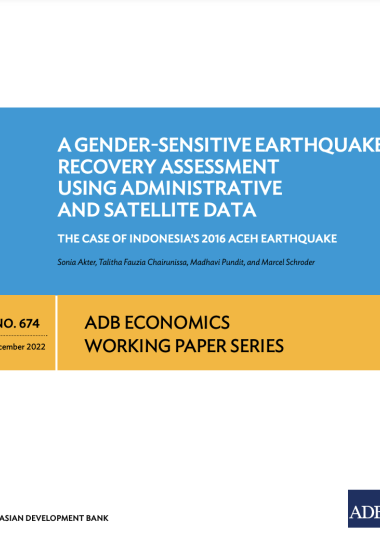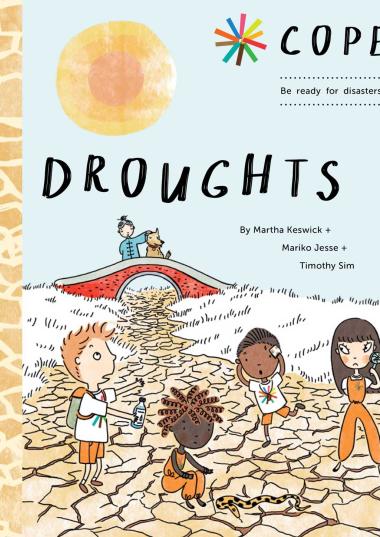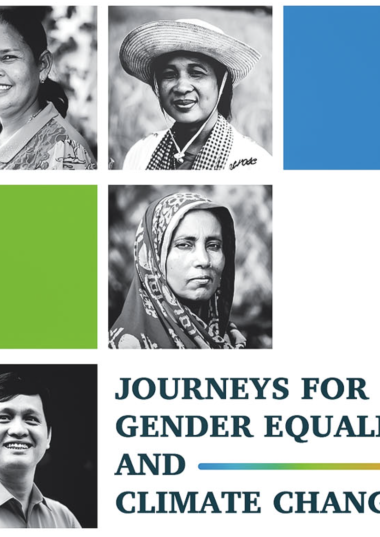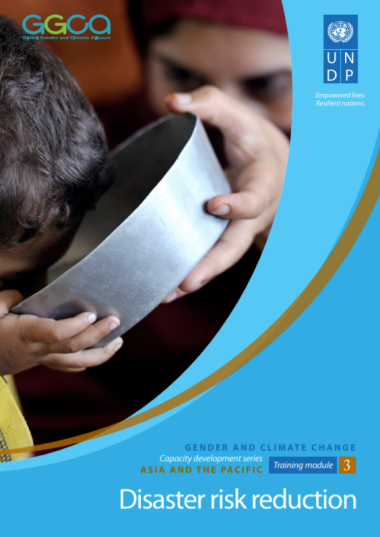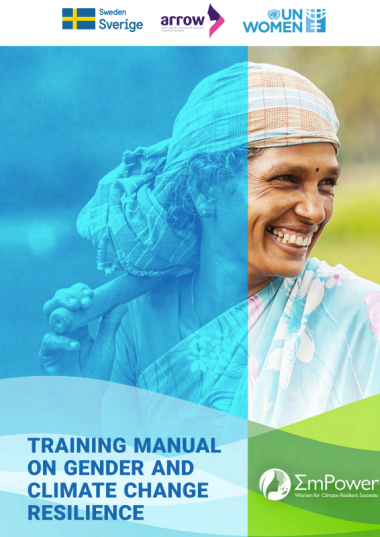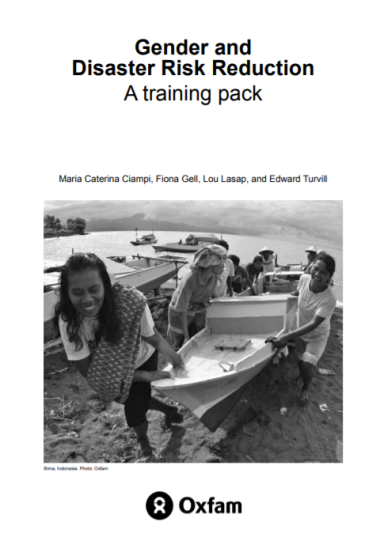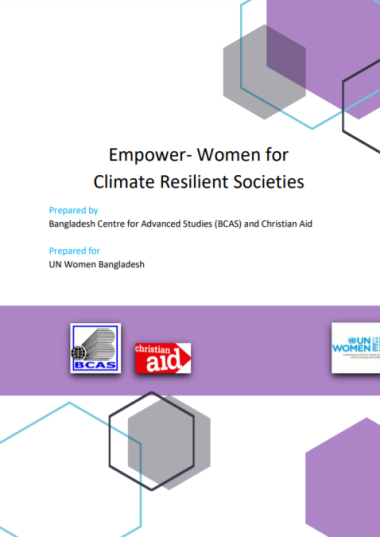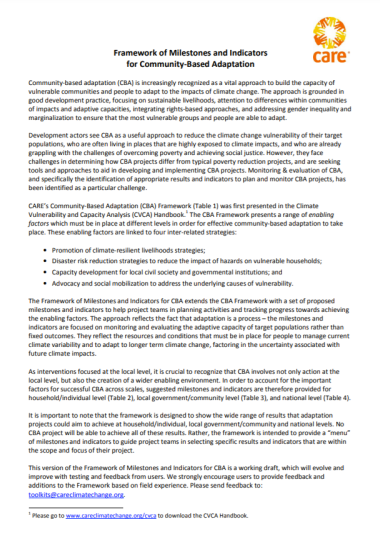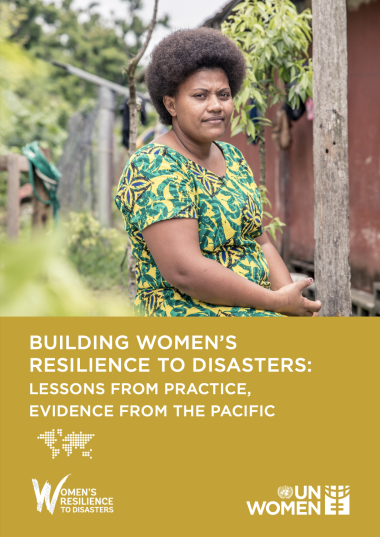
Capabilities, awareness, knowledge & skills
Capacity for managing climate and disaster risks has traditionally rested with technical climate change and disaster risk management functions, rather than within central and sector development agencies at national and local levels including women’s agencies.
Yet, capacity support for key development stakeholders (notably ministries for women and social welfare) and national and local women’s organisations (including women’s rights organisations) to engage with disaster risk reduction and resilience is an essential starting point for gender-responsive action. It will be critical to work with local women’s organisations and other representative organisations (e.g. disabled people’s organisations) to build their capacity as advocators and innovators in resilience building.
Conversely, capacity development of disaster risk management and climate change organisations on gender and social inclusion will support gender-responsive decision-making, normative frameworks, and action. This needs to move beyond stand-alone training to ensure a shift in perspective and to support behavioural change. Capacity support for decision-makers and key stakeholders on gendered vulnerabilities, roles, rights and capacities in disasters and the resulting gender-specific needs and concerns for resilience building will enable gender-responsive action and help address the underlying root causes of unequal risks.
Finally, disaster and climate risk information and risk communications targeting under-served groups is critical for timely awareness raising and is a forerunner to risk reduction, preparedness, and early action. Only by engaging stakeholders of all genders, at all levels, will transformative change be possible and the underlying risk drivers including gender inequality, harmful gender norms, roles, and relations be addressed.
